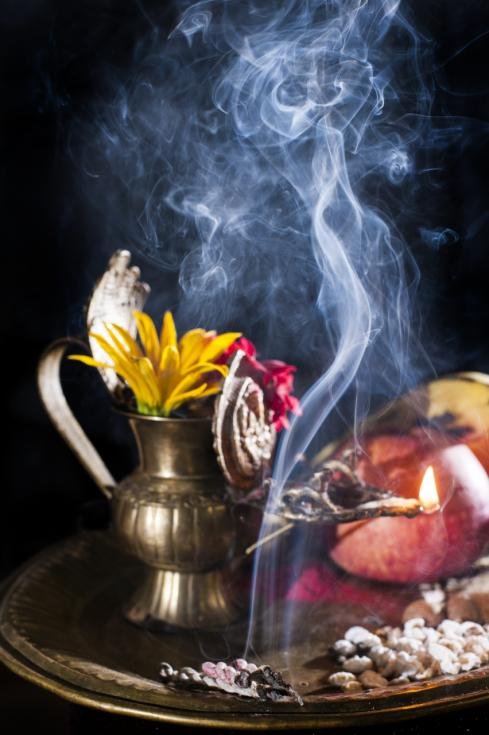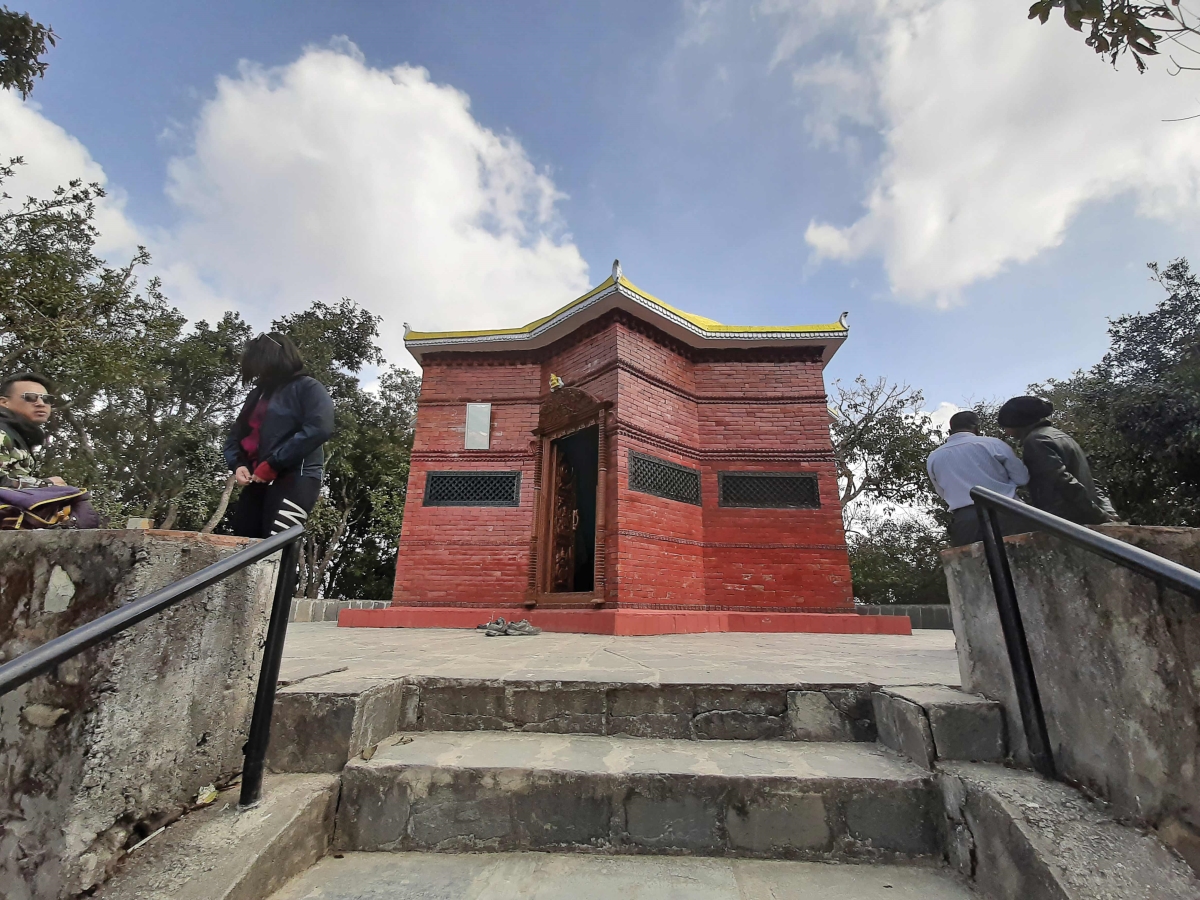What is Time, but the seed of the universe (The Mahabharat)? A small creak will eventually buy its way through the mountain, that at first looks so invulnerable, especially to a small stream; the smallest trickle will eventually form the most beautiful of stalactites and stalagmites—it’s just the matter of time. As such, time is the greatest of all resources. That is why all professional sports are played against a set time. No point letting a game drag on itself to infinity, is there? And undoubtedly, the greatest of all professional sport that is played against time is life itself. If you play it right, guess what’s the first prize: Yes, Immortality.
 Immortality. There’s nothing some people look forward to than immortality after leading an eventful (or uneventful, for that matter) life. Like a very finely polished solitaire, its radiance has charmed everyone. From sinners to saints, everyone goes weak around the knees when the concept of immortality is mentioned. The saints claim it as their bounty of their virtuous life; the sinners always a step away from losing their all to claim it. It seems, however, that immortality, rather the concept of it has always eluded them. Throughout the passage of time, the concept has passed so many hands that any rough edges have been smoothed out to give any master jewelry polisher a run for their money. This is where immortality lost its original grandeur. This is where it got misunderstood. This is where it left its divinity and treaded on to the human realms.
Immortality. There’s nothing some people look forward to than immortality after leading an eventful (or uneventful, for that matter) life. Like a very finely polished solitaire, its radiance has charmed everyone. From sinners to saints, everyone goes weak around the knees when the concept of immortality is mentioned. The saints claim it as their bounty of their virtuous life; the sinners always a step away from losing their all to claim it. It seems, however, that immortality, rather the concept of it has always eluded them. Throughout the passage of time, the concept has passed so many hands that any rough edges have been smoothed out to give any master jewelry polisher a run for their money. This is where immortality lost its original grandeur. This is where it got misunderstood. This is where it left its divinity and treaded on to the human realms.
No. Immortality, unlike what most people believe and/or take it to be, is not about living forever. That helps, but who would want to an extended workday that stretches on forever? It’s definitely not about living forever. This is where most of the contenders get it wrong. And so, they search for vain the elixir of life, while around them their life crumble into dust. What is it then? What is the secret of the illusive concept that has eluded the seekers hitherto since time immemorial? Coming back to our sports allegory, immortality is not about competing against time (You are, of course, free to try. But the verdict as clear as the day: You won’t be taking home any medals), rather it’s all about going hand in hand with it. This is what Siddhi Narsingh Malla got it right and others got it wrong. He let history do the rest. How? Pray tell us then! He cooked up a beautiful story to go!
Cooking for Immortality
Take a cauldron big enough to cook up history. To the already thick and somewhat murky chowder of reality, add some pinches of lore according to taste. Bring it to boil, vigorously stirring the content all the while. As it starts to shimmer, turning the kitchen into a hard working alchemist’s liar, and the sweet perfume of everyday life start to drifts in, add handful of stories, folklores, bits of narrative fantasy to bring up the flavor. And, let it cook easy over the fires of time that burns with the knowledge of eons…
Legend has it that after the construction of Krishna Mandir, Siddhi Narsingh Malla achieved the golden fruit of them all: immortality. It also has it the construction period took more time than expected. His mother was alarmed that after finishing the construction, Malla would go away leaving everything behind. “How would we know that you haven’t passed on?” asked his inquisitive mother. “I won’t, “ said Malla sagely.
“History will see to it that I won’t.” But when, she pressed him for less ‘ambiguous’ answer, Malla gave her some ‘sure-fire’ signs. There were three of them. The first one being, if the stone elephant, which guards the temple of Mahadev, went to drink water from the Mangal Hiti (Hiti = Water Sprout). If the statue of a gilded bird, atop the statue in front of the Degu Talle temple flies to freedom and if the stone gun he had had installed in one of the courtyard fires by its lonesome then everyone ought to know that Malla had passed on.
That, as independent historian Ram Prasad Amatya points out, ‘is baloney’. “That is rather historically incorrect. The statue of the gilded bird was installed much later, on Malla’s grandson’s reign. There’s no way that Malla could have foreseen that.” Historically incorrect it might be, but one must marvel at the simplicity of the story that Malla has left behind. Even after some three hundred years after Malla’s reign, people cannot help but think about him when they witness the grandeur of Krishna Mandir. Still, there is something that captivates us all when we hear the rerun of the story, for the umpteenth time. We cannot help but to think that somewhere Malla is really ‘alive’. But, Malla knew better to know the real difference between living forever and being truly immortal. He’s immortal, for as long as the written words and narrative history continues, it’ll certainly give new life to him with every retelling. In a fashion, Shakespeare also knew it to be true when he penned this sonnet:
So long as men can breathe or eyes can see,
So long lives this and this gives life to thee.
Sonnet XVIII, William Shakespeare









